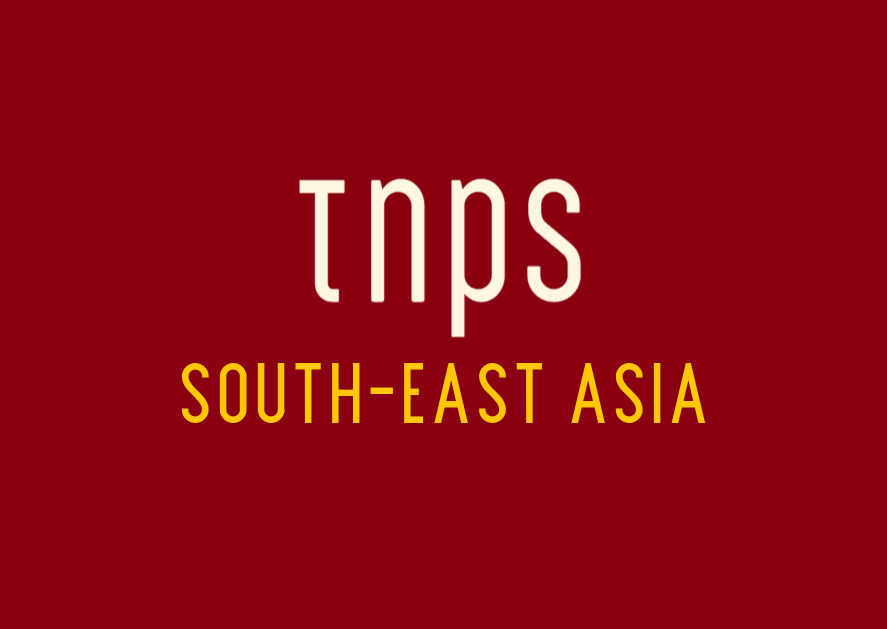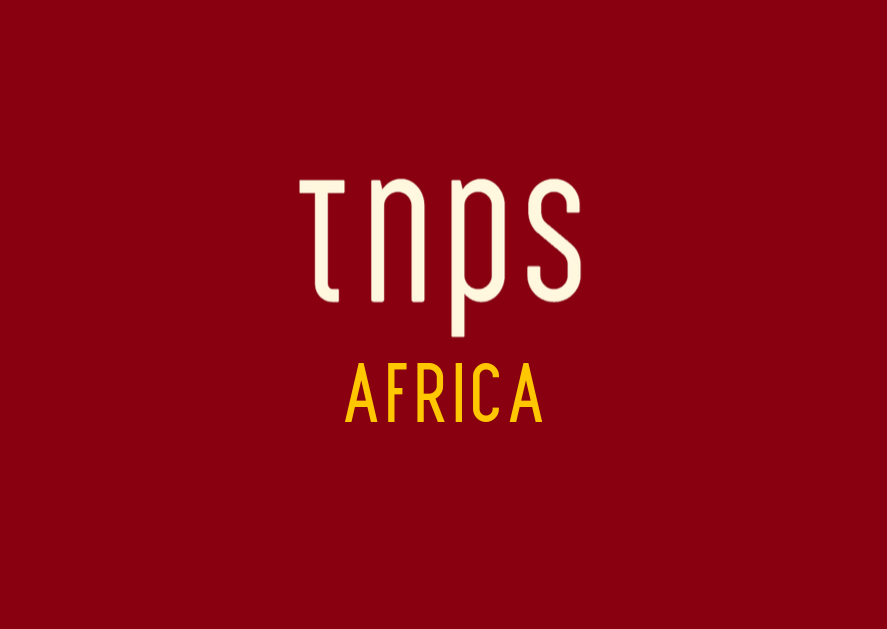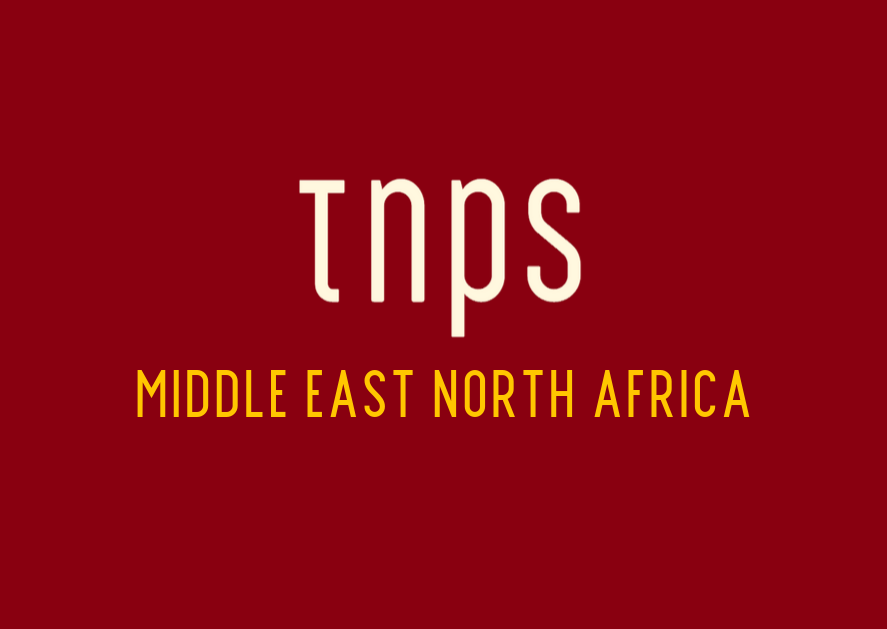Come March, as the Boi Mela book-buying bonanza fades away, it will be time for Bangladesh publishers to count the long days until the 2024 edition. And this year those days are likely to be longer than usual, as the paper crisis and the supply chain crises push up the costs of books.
The South Asia book fair calendar is already in full swing, with India leading the way, but come February 1 we’ll see the biggest cultural event in Bangladesh kick off, in the form of the annual month-long book fair they call the Amar Ekushey Boi Mela.
In pre-Covid times it was not unusual to see the book fair sell the USD equivalent of $10 million worth of books.

That fell during the Pandemic, with the 2022 incarnation barely bringing in $6 million.

But with the worst of the Covid crisis behind us it looks like 2023 will be the year the global book fairs take off. Leaving the big question: can the 2023 Boi Mela return to form and bring publishers much-needed revenue on par with 2019?
The interest and enthusiasm is certainly there, but late 2022 saw paper prices rises out of control, and expectations are this year’s Boi Mela prices will be substantially above those of 2019.

On the other hand, the anticipated higher footfall this year may bring in more people spending fewer Bangladeshi taka each, and potentially that could save the day.
But what we’re not seeing is any major shift in Bangladesh publishing towards digital.
Last year the Amar Ekushey Boi Mela finally got a website – a sign of just how behind the times parts of Bangladesh publishing still is.
To be clear, there are ebook stores in Bangladesh, and not every publisher is in the same Luddite league as the government minister who bewailed poor book sales and explained that the solution was avoid digital at all costs and to publish more books nobody wants to read.

Sadly many publishers shared the sentiments, as the Bangla Academy found to its cost when it proposed, during lockdown, a digital Boi Mela.

But for the forward-thinking element in the Bangladesh publishing arena the problem is more one of practicalities and realism.
There is no Bangladesh equivalent of the Kindle store, despite there being 130 million people online in this amazing country, and the small domestic ebook players simply don’t offer the scale of reach needed to justify Bangladesh publishers investing in digital. The classic chicken and egg problem, and one the country’s publishers associations have thus far been disinclined to address.

We can safely say Amazon, Apple, Google and Kobo won’t be entering the Bangladesh market any time soon, so solutions will have to come from within the country and from smaller players outside, willing to engage.
That’s not beyond the realms of possibility. 130 million internet users is not to be dismissed lightly, and the very fact that the Boi Mela is such a huge national event shows that interest in books is there, just untapped.
How to tap it? First and foremost by making books readily available where the readers are, when the readers want them. And let’s be honest – a one-month book sale in one city in a country of 167 million is not rising to the occasion.
Come March, as the Boi Mela book-buying bonanza fades away, it will be time for Bangladesh publishers to count the long days until the 2024 edition. And this year those days are likely to be longer than usual, as the paper crisis and the supply chain crises push up the costs of books.
Embracing digital offers not just a safety net, but expansive possibilities in a world with 5.5 billion people online, 833 million of whom are in neighbouring India.
So let me end this post by repeating an offer made in early 2020, with incredibly bad timing just as the Pandemic laid waste to South Asia publishing, and invite Bangladeshi publishers, publishing associations and, yes, government ministers, to discuss the way embracing digital publishing opportunities has transformed publishing prospects in other parts of the world.
Bangladesh authors, readers and publishers deserve nothing less, and, perhaps counter-intuitively, embracing digital will enhance the annual Boi Mela, not diminish it.





